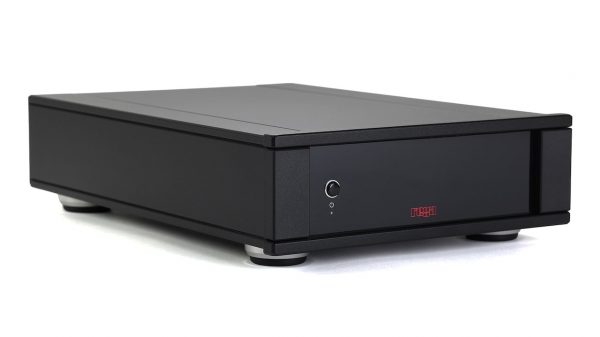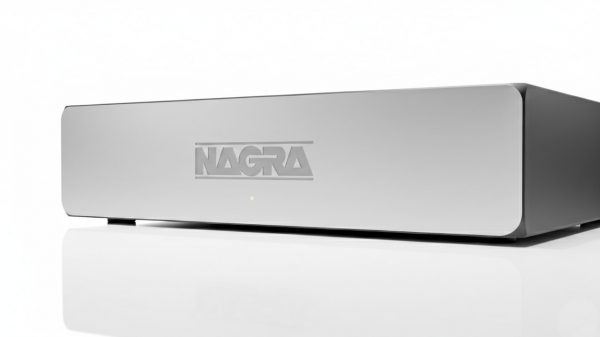Some may feel that disk fragmentation is no longer an issue or that it is not an important thing to address or handle, what with malware running rampant, new viruses, spyware and Root kits that hide themselves and other malware, surely disk fragmentation is not the all-important issue it used to be. Or is it?
Of course, malware is dangerous and must be corrected and remedied: after all, these could compromise a workstation and thereby gain access to and expose an entire network, leaving it vulnerable to attacks or hacker attempts, but underlying all of this is the condition of the disk itself.
Fragmentation increases the amount of time it takes anti-virus and anti-malware programs to scan a disk and it can also cause a system to hang or crash. Quite in addition to this, consider this fact from Microsoft:
“Even a new computer system will experience disk fragmentation because loading the operating system results in … fragmentation.” *
Normal operation (even a routine OS install on a newly formatted and clean disk) affects a disk’s fragmentation level and thus its integrity. This is the impact fragmentation can have on a single machine and the effects of fragmentation are greatly increased in a network of any size, especially since those workstations are used much more heavily than most home PCs.
Run a thorough defrag and see the difference in performance: Then multiply that by how many workstations are on the network and do the math!
* Maintaining Windows 2000 Peak Performance Through Defragmentation By Michael Kessler
Microsoft Corporation
http://www.microsoft.com/technet/prodtechnol/windows2000serv/maintain/optimize/w 2kexec.mspx























